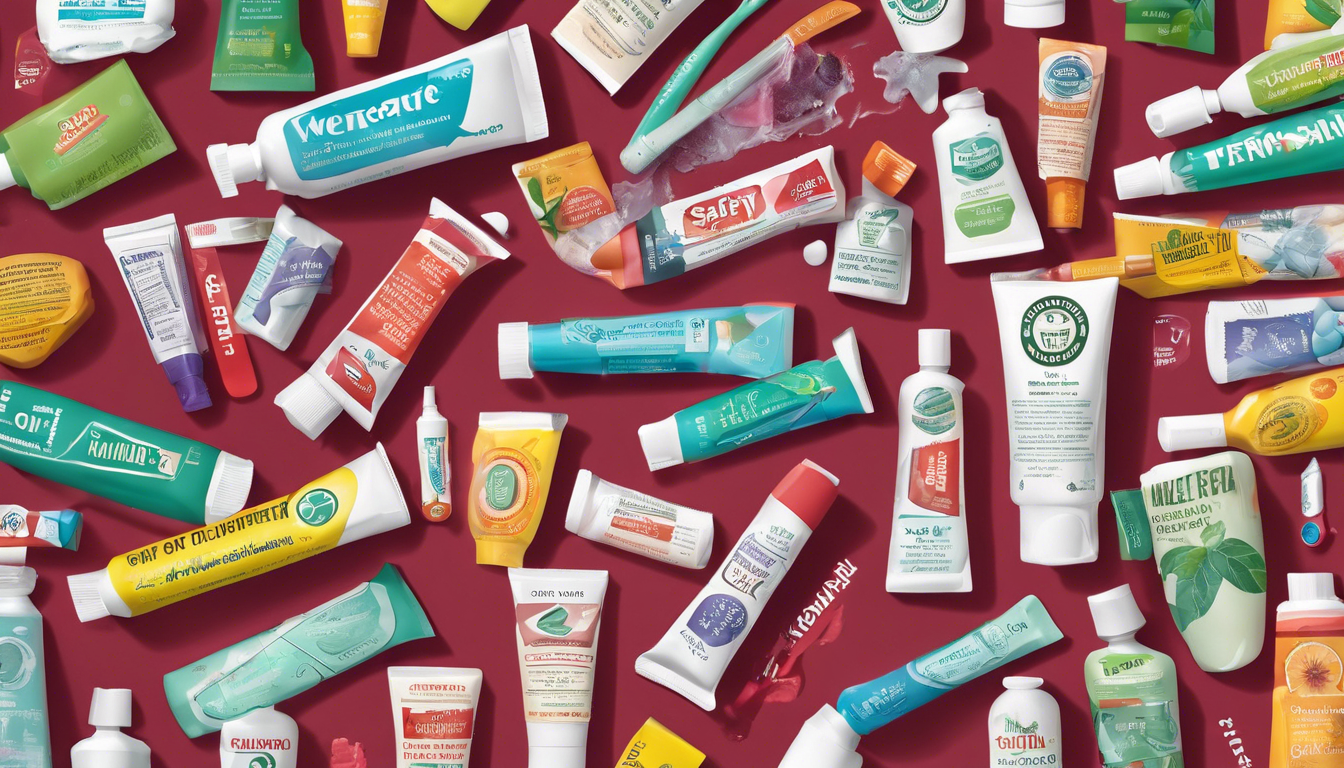In today’s health-conscious world, the quest for safer and more effective oral hygiene products has led many consumers to explore natural alternatives to traditional toothpaste.
With a growing awareness of the potential dangers lurking in conventional brands, it’s essential to unmask these hidden threats and understand why choosing natural toothpaste is not just a trend, but a vital step towards better health.
This article delves into the harmful ingredients commonly found in conventional toothpaste, and provides guidance on how to choose safe and effective natural toothpaste alternatives for optimal oral health.
Key Takeaways
- Many conventional toothpaste brands contain harmful ingredients like parabens and sodium lauryl sulfate.
- Artificial sweeteners in toothpaste may lead to irritation and potential health risks.
- It is crucial for consumers to examine toothpaste labels and choose genuinely natural and safe alternatives.
Understanding the Risks of Conventional Toothpaste Ingredients
## Understanding the Risks of Conventional Toothpaste Ingredients
Navigating the world of dental hygiene can be challenging, especially with the overwhelming array of products available on the market.
For those invested in maintaining optimal oral health, the choice of toothpaste is particularly crucial.
While conventional toothpastes are marketed for their efficacy, many contain ingredients that raise health concerns.
This article delves into the risks associated with conventional toothpaste ingredients, highlighting key components that may impact not only your dental health but your overall well-being.
The author’s passion for natural toothpaste is rooted in a commitment to fostering tooth remineralization—an essential process for maintaining healthy enamel.
Unfortunately, many so-called ‘natural’ toothpastes on the market do not live up to their claims and can contain potentially harmful ingredients.
Below, we explore some common hazardous substances found in conventional toothpaste:
1.
Parabens: Often utilized as preservatives in personal care products, parabens are reputed to disrupt endocrine function and have been linked to various health issues, including certain cancers.
Given their use in products that are applied to sensitive areas like the skin and mouth, it’s wise to steer clear of any toothpaste containing these chemicals.
2.
Sodium Lauryl Sulfate (SLS): A widely used foaming agent, SLS can cause irritation to oral mucosal tissues.
Individuals may often find themselves battling canker sores as a result of exposure to the chemical, making it a controversial ingredient in personal care formulations.
3.
Artificial Sweeteners: Ingredients like saccharin and aspartame are frequently found in toothpaste marketed as ‘sugar-free.’ However, these chemical alternatives can lead to tissue irritation and are under scrutiny for potential links to cancer.
4.
Vegetable Glycerine: Although derived from natural sources, glycerine can coat the teeth, impeding the vital process of enamel remineralization.
Additionally, many products on the market utilize glycerine sourced from genetically modified soy, raising further concerns for health-conscious consumers.
5.
Xylitol: Contrasting with the previous ingredients, xylitol is a sugar alcohol that has demonstrated significant benefits for oral health.
Naturally derived from fruits and vegetables, xylitol not only helps combat harmful bacteria but also supports dental remineralization without affecting blood sugar levels.
The takeaway from this discussion is crystal clear: consumers must be vigilant about the ingredients listed on toothpaste packaging.
Prioritizing products that truly promote dental health and are devoid of toxic substances is essential in achieving optimal oral hygiene.
Making informed choices can bridge the gap between conventional dental care and a natural, health-conscious approach, ultimately leading to a healthier smile.
Choosing Safe and Effective Natural Toothpaste Alternatives
In selecting natural toothpaste alternatives, it is essential to look for products that prioritize safety and effectiveness.
Many natural toothpaste options utilize ingredients that not only support dental health but also align with a holistic approach to personal care.
Look for brands that highlight natural minerals like calcium and phosphates, which are known to promote tooth remineralization.
Additionally, consider products that utilize essential oils such as peppermint or tea tree oil, which can help combat bacteria while providing a pleasant flavor.
Checking for certifications from reputable organizations can also be a guiding factor, ensuring that the toothpaste aligns with your health values and the truly natural ethos.
By arming yourself with knowledge about safe and effective options, you can enhance your oral hygiene routine while confidently making choices that protect both your dental health and overall well-being.




